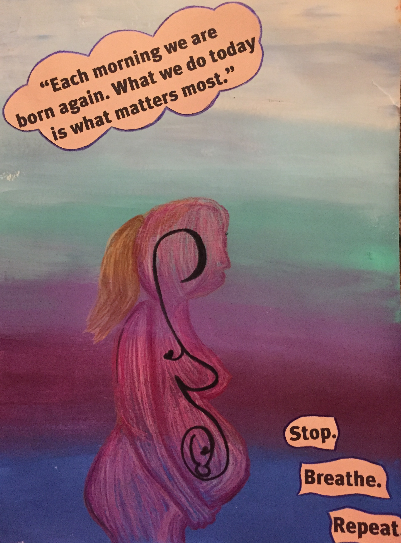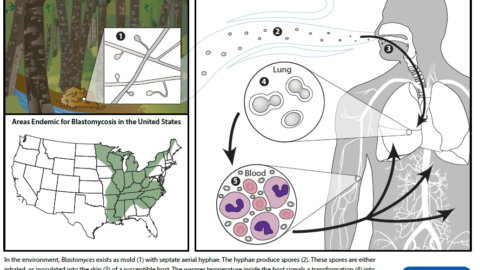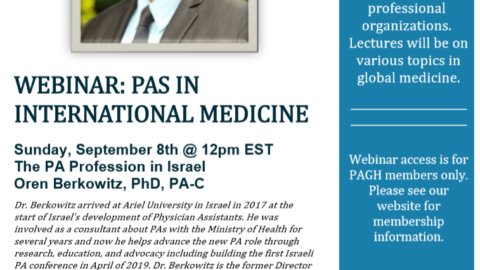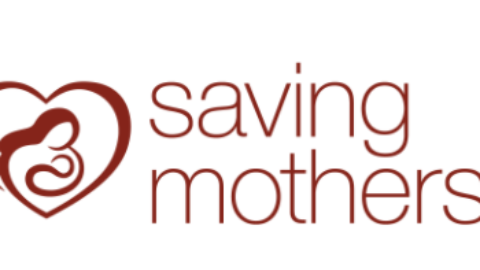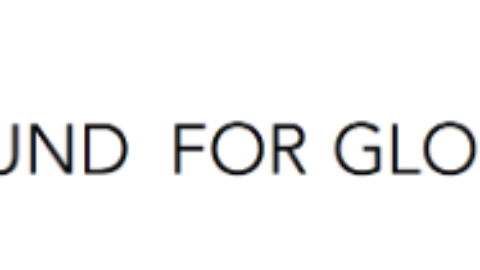These are challenging times, but as healthcare workers we are powering through; working in increasingly stressful and unprecedented situations. I am a physician assistant practicing inpatient obstetrics and gynecology. I truly enjoy my job. It is challenging and stimulating, as well as rewarding and enjoyable. Yet, among my friends and family there is a common misconception that my line of work is “always happy.” Many think my daily tasks involve delivering newborns, which is true a majority of the time. But not always. Obstetric emergencies occur: fetal bradycardias, urgent cesarean deliveries, and maternal hemorrhages. And they happen relatively often considering I work in a large tertiary hospital in New York City. Managing the emergencies and high acuity situations is part of the day-to-day.
During the coronavirus pandemic, providers in Ob/Gyn are facing new challenges. Obstetrics is not a medical specialty which can dissolve and redeploy healthcare workers. Labor & Delivery still operates 24 hours a day, 7 days a week, as women need medical support and obstetricians to deliver. The inpatient floor is busy as ever, including triage (the curtained off area where providers assess patients and decide if they meet criteria for admission), or the “Ob ED” as some call it. With the added layer of numerous asymptomatic coronavirus patients and the support persons present, providers including myself are constantly exposed. Treating every patient as a PUI (Persons Under Investigation), we are required to wear PPE and don and doff in every room, until the nasopharyngeal swab results come in. As I end my shift, with cracked knuckles and dry hands, more and more patients’ tests results are positive. This is the new reality.
There is a running joke in my unit that those of us on the Ob/Gyn floors are “second line” providers during the COVID-19 crisis, referring to the fact that we are part of the workforce but not managing the critically ill. This may be true, but there is a side to our work that many do not recognize. We are the ones following the recently extubated 30-year-old mother, 5 months pregnant, admitted in the ICU for acute respiratory failure secondary to COVID pneumonia. Things appeared to be moving in the right direction, and then came the frantic call - the patient is coding and obstetrics needs to assess the fetus. Right there a decision needs to be made, is a perimortem cesarean delivery the best management choice to improve maternal and fetal outcomes? We assess with a complex awareness of the dual battle between life and death, a developing fetus ready to enter this world, and a mother fighting to stay alive.
I am not writing this to overwhelm those facing their own tribulations and stressful situations. I am writing this as a human, a healthcare worker experiencing the reality of this virus, and the overwhelming patient cases that come with it. As someone battling with what this new normal requires, my colleagues have been advocating that we protect ourselves before the patient. This means we should not enter a room, even in an emergency, without proper PPE. Having to think about myself before acting acutely to help a patient is something I have never encountered before. To be selfish before selfless, to consider myself at all, seems to be a complete reversal of everything I have previously practiced.
Through this crisis, I have come to the realization that being a healthcare worker is a practice in patience as well as perseverance. Hospital policies, protocols, and medical recommendations are changing daily - if not hourly - and patience is key. Having the capacity to accept change, move forward and adapt is helping me through this ever-changing landscape. Also remembering to care for and about myself has been of the utmost importance. Sometimes with perseverance, we can forget to feel. But we are not immune to the devastation that is going on around us. I allow myself to sympathize, to respond, to be vulnerable, and to cry. Having an emotional response is healthy and natural, and it’s allowing me to connect with patients and colleagues and be a resilient provider throughout this troubling time.
With crisis comes change, and introspection. It’s an avenue to be better understood by the public, and an opportunity to help those most in need. What is most important is that we continue to adapt – and to take care of ourselves in the process.
.

